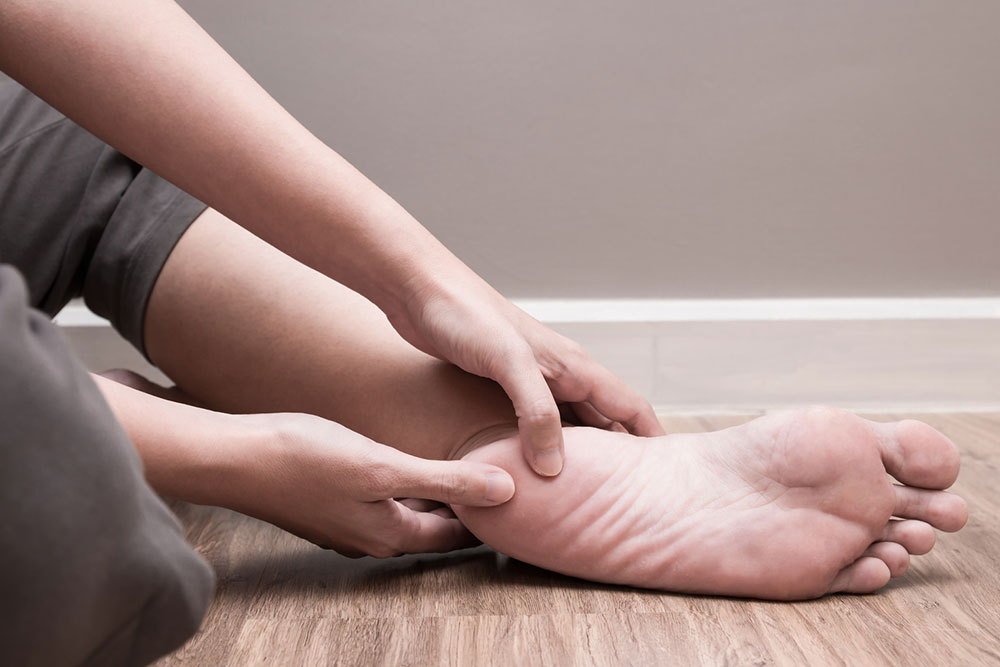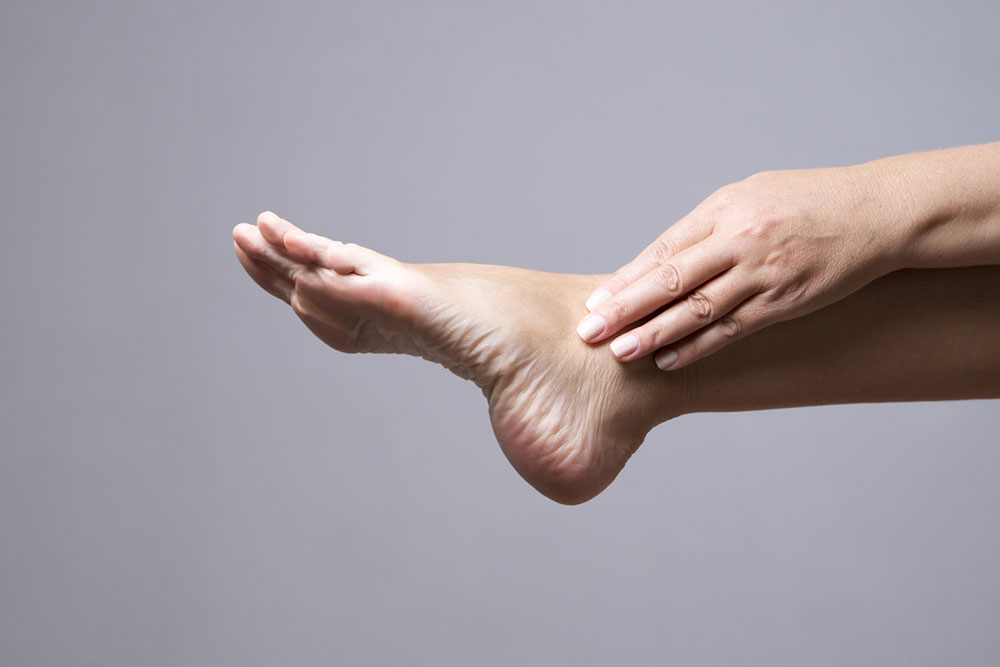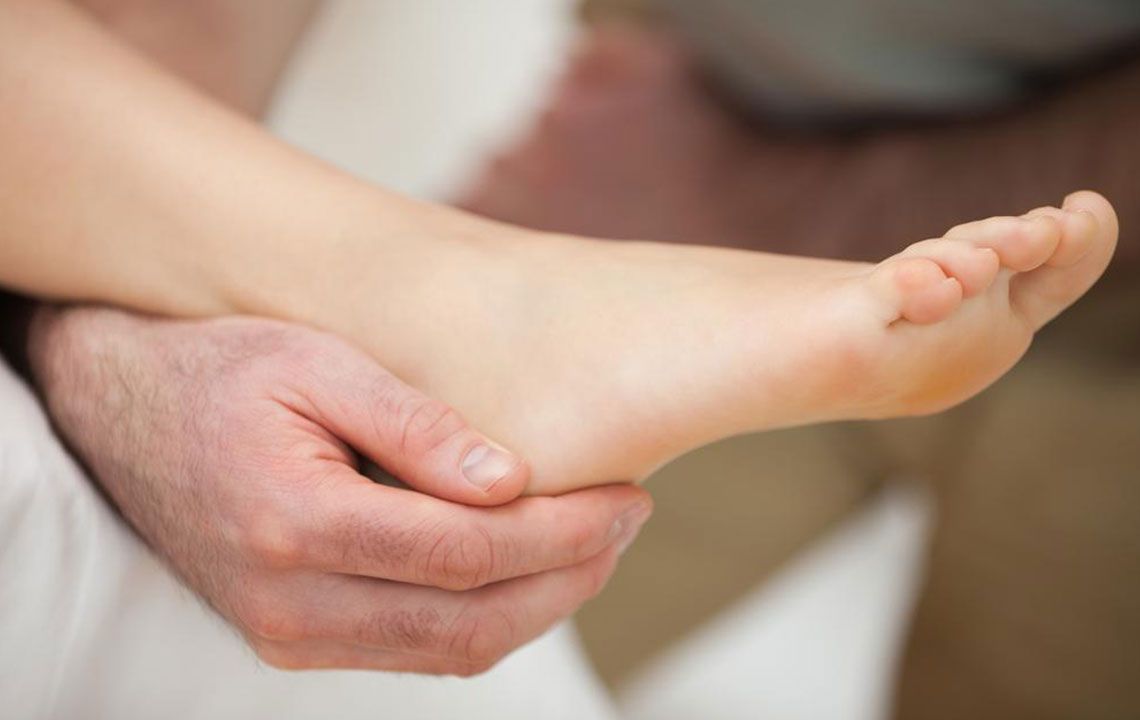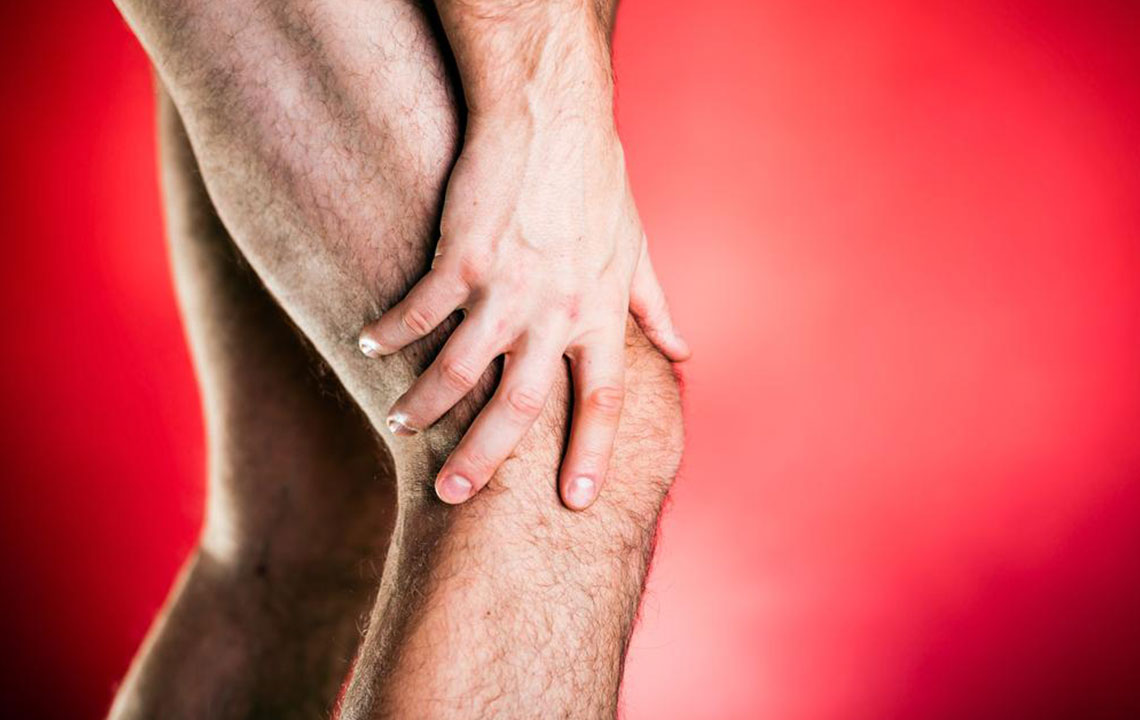Understanding and Managing Burning Sensation in Feet
This comprehensive guide explores common causes of burning feet pain, including nerve damage, infections, and nutritional deficiencies. It offers practical treatments ranging from medications to home remedies like cold water soaking, herbal infusions, and massages. For severe cases, advanced therapies such as laser or electrical nerve stimulation may be recommended. Proper diagnosis and tailored treatment are crucial for effective relief. Simple lifestyle modifications and natural remedies can provide comfort while ensuring underlying health conditions are managed effectively.
Sponsored

A persistent burning feeling in the feet can stem from various health issues, including nerve damage, infections, or nutritional deficiencies. Accurate diagnosis is essential for effective treatment, alongside home remedies to ease discomfort.
What leads to a burning sensation in the feet?
Multiple health conditions and infections can cause this sensation.
Diabetic Neuropathy: Diabetes can progressively damage nerves starting in the feet, causing incorrect signals that produce burning pain even without injury.
Excessive Alcohol Consumption:
Chronic alcohol intake may lead to nerve damage, resulting in burning feet pain.
Erythromelalgia: A rare condition causing intense burning and shooting pain without an obvious cause, worsened by prolonged activity or stress.
Infections: Diseases such as Lyme disease, athlete's foot, shingles, and HIV can cause sharp, burning sensations in the feet.
Kidney Issues: Impaired kidney function causes toxin buildup, resulting in painful feet.
Hypothyroidism: An underactive thyroid can cause swelling and pain in the feet due to low thyroid hormone levels.
Nutritional Deficiencies: Deficiencies in vitamin B complex can provoke burning sensations in the feet.
Approaches to treat burning feet pain
Treatment depends on the primary cause. Managing blood sugar levels is vital for diabetic neuropathy, while dialysis helps alleviate toxin buildup from kidney issues. Vitamin B supplements may benefit those with deficiencies, and antifungal medications are prescribed for athlete's foot.
Over-the-counter medicines might provide temporary relief, but consulting a healthcare provider before use is recommended.
Advanced and Traditional Therapies
Severe cases may benefit from electrical nerve stimulation, laser therapy, magnetic therapy, or acupuncture for pain relief.
Easy Home Remedies for Burning Feet Relief
Simple DIY treatments can help soothe your feet at home:
Cold Water Dipping: Soaking your feet in cold water for a few minutes, repeated 2-3 times daily, can ease discomfort—avoid if you have erythromelalgia.
Epsom Salt Bath: Dissolve a cup of Epsom salt in warm water and soak your feet for 15 minutes, thrice weekly. Consult your doctor if you have diabetes or hypertension.
Apple Cider Vinegar: Adding ACV to your foot soak or drinking a mixture of a teaspoon of ACV in water may help restore pH balance and reduce pain.
Additional remedies include:
Thyme: Alternating warm and cold water soaks with thyme can enhance circulation and reduce burning sensations.
Hawthorne: Consuming hawthorne tea improves blood flow by dilating blood vessels.
Ginger: Drinking ginger tea with honey or topical ginger oil massages can decrease inflammation and improve circulation.
Bitter Gourd: Applying fresh bitter gourd leaf paste may soothe nerve pain.
Turmeric: Drinking turmeric-infused milk or applying turmeric paste leverages its anti-inflammatory properties.
Exercise and Massage: Gentle walking or jogging boosts circulation, while massaging with warm oils relaxes muscles and alleviates pain. Rest if activity aggravates symptoms.
Managing burning in the feet involves addressing underlying issues and utilizing simple home strategies. Always seek medical advice for persistent or severe symptoms.






